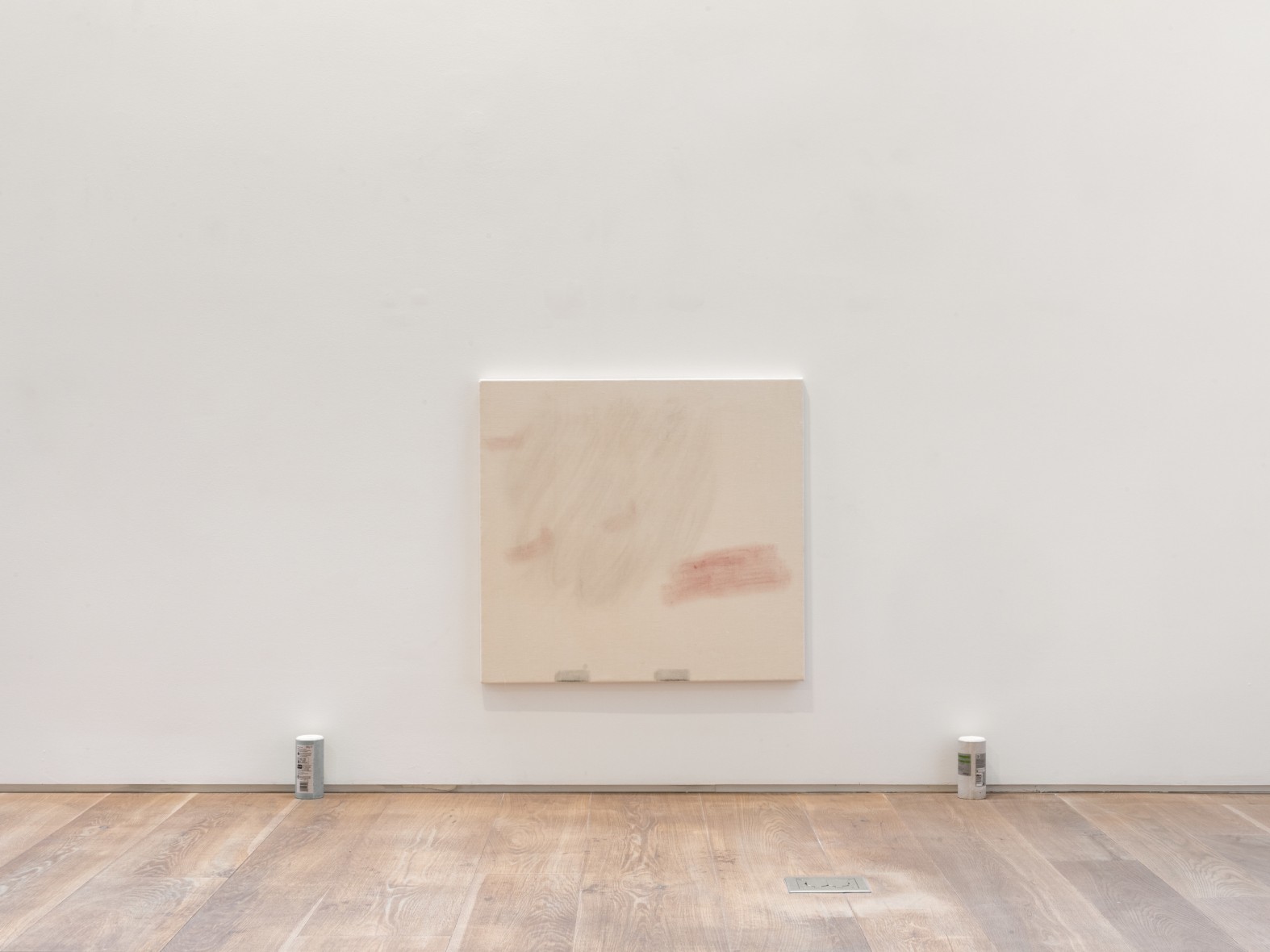
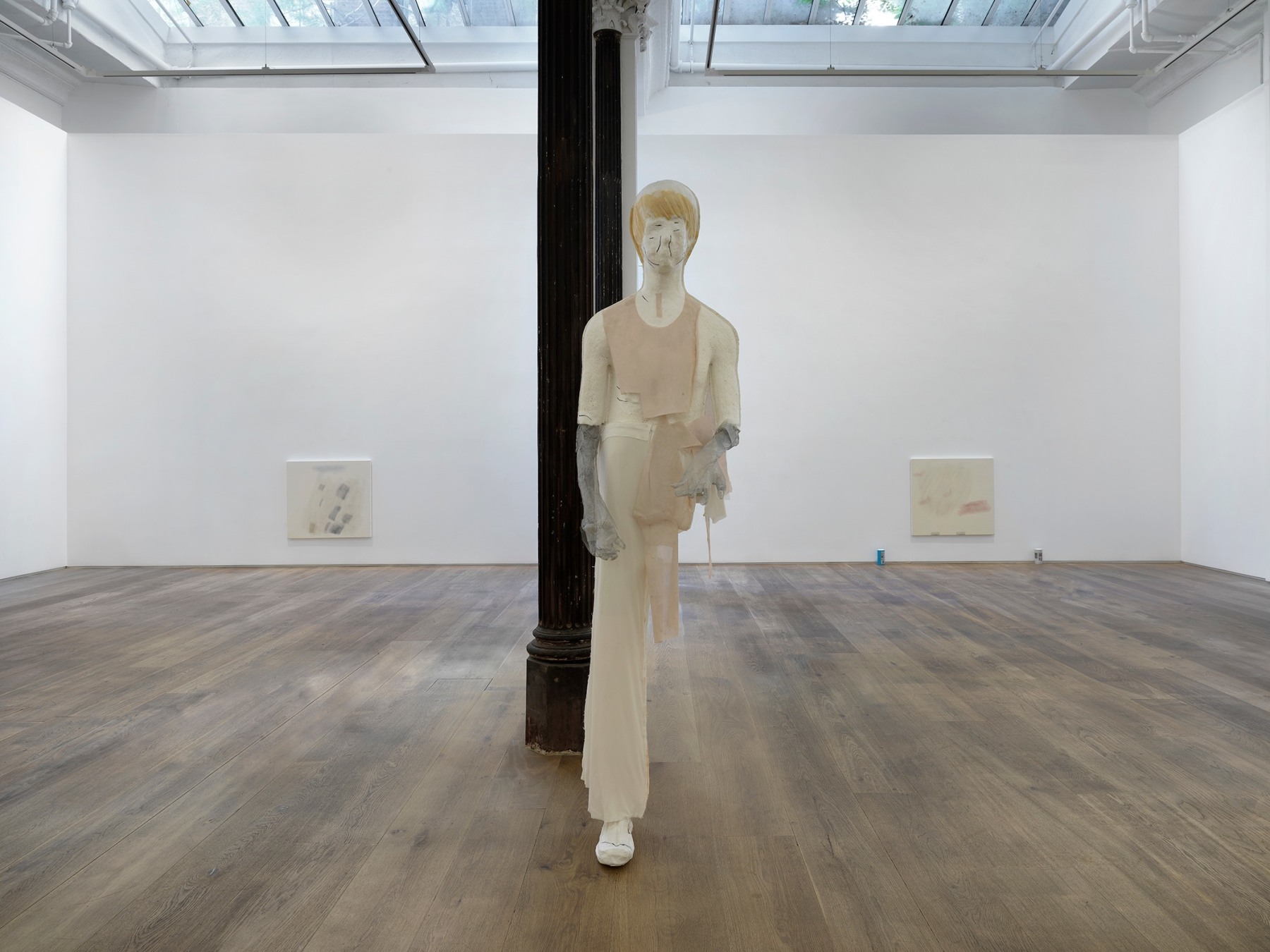
The work of Cathy Wilkes (b. 1966) brims with a transcendent energy that is wholly unique to her practice of painting, sculpture, and assemblage. Wilkes—who combines paintings, figurative sculptures, and found objects into totalizing installations—approaches art as a process of continual doing and undoing. Her evocative tableaux are comprised of quotidian objects which range from the simple detritus of domestic interiors to the historically-minded artifacts. Emptied shampoo bottles, soiled jamjars and baby bowls, toys, lavender stems, pottery shards, and her characteristic papier-mâché mannequins trigger themes of family life, alienation, transcendence, and divine grace. Her ongoing interest in quietly uncanny objects—and the modest intimacy of their presentation—evoke a gestural and open field of inquiry, or what she has called ‘a process of open concentration and waiting.’ The stripped back presentations create a zone of eerie uncertainty and anxiety. Evoking the banalities of a lived life and the pathos inherent to it, Wilkes’ stages an enigmatic language told through objects and the oft-unseen emotional states that accompany them.
Though Wilkes’ work does not explicitly make reference to art’s socio-political dimensions or utopian possibilities, the work is not apolitical. Wilkes, who grew up in Northern Ireland, contends with the lingering after-effects of the Troubles as well as the fraught legacies of British dominion. As triggers for memories, fantasies, and fears, the works double as survivor’s accounts of past military conflicts and their enduring aftereffects. This latent history contained within her chosen objects suggest an omnipresent haunting within the banal materialism of everyday life. This quality is further evident in her accretive process of working, which continually includes and expands upon elements from previous exhibitions, resulting in her own history always remaining open to revision and expansion. In this way, the aftermath of life’s predicaments is prolonged and rendered anew, with Wilkes’ suggestion that we never quite move on.
Wilkes’ solo exhibitions include presentations at The Modern Institute, Glasgow, Scotland (2021), Xavier Hufkens, Brussels, Belgium (2021); BQ, Berlin, Germany (2021); Venice Biennale, British Pavilion, Venice, Italy (2019); and MoMA PS1, New York (2017). Select group exhibitions include One is always a plural, Migros Museum für Gegenwartskunst, Zurich, Switzerland (2021), Psychic Wounds: On Art & Trauma, The Warehouse, Dallas, Texas (2021), and The State We Are In. Collection of the Museum of Modern Art in Warsaw at the Galeria Labirynt in Lublin, Galeria Labirynt, Lublin, Poland (2018). Her work is in the public collections of the Royal Ulster Museum, Belfast, Northern Ireland, Tate, London, England, Museum of Modern Art in Warsaw, Warsaw, Poland, Museum of Modern Art, New York, New York, among many others. She lives and works in Glasgow.
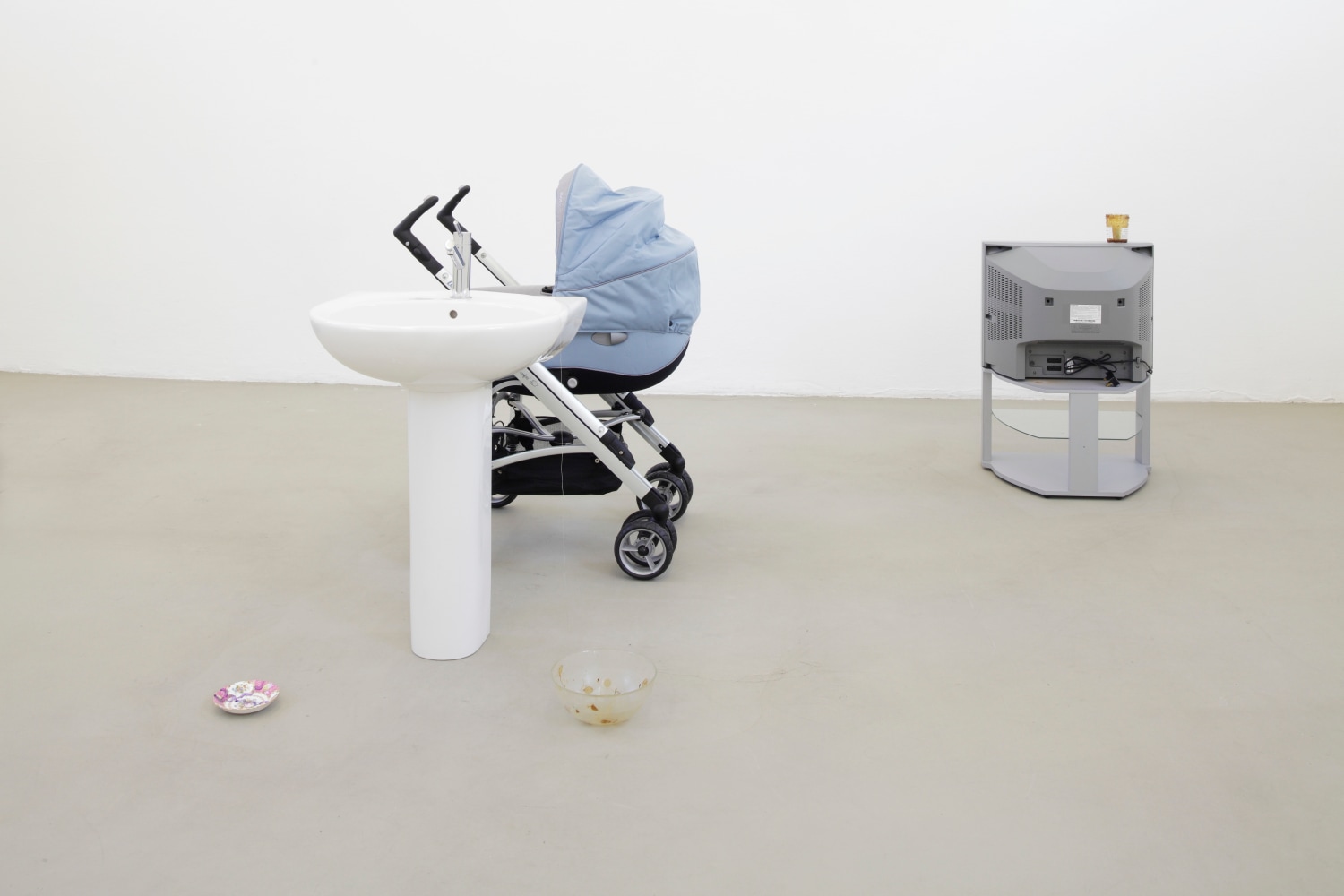
Installation view of Cathy Wilkes, Kunstverein, Munich, Germany, 2011
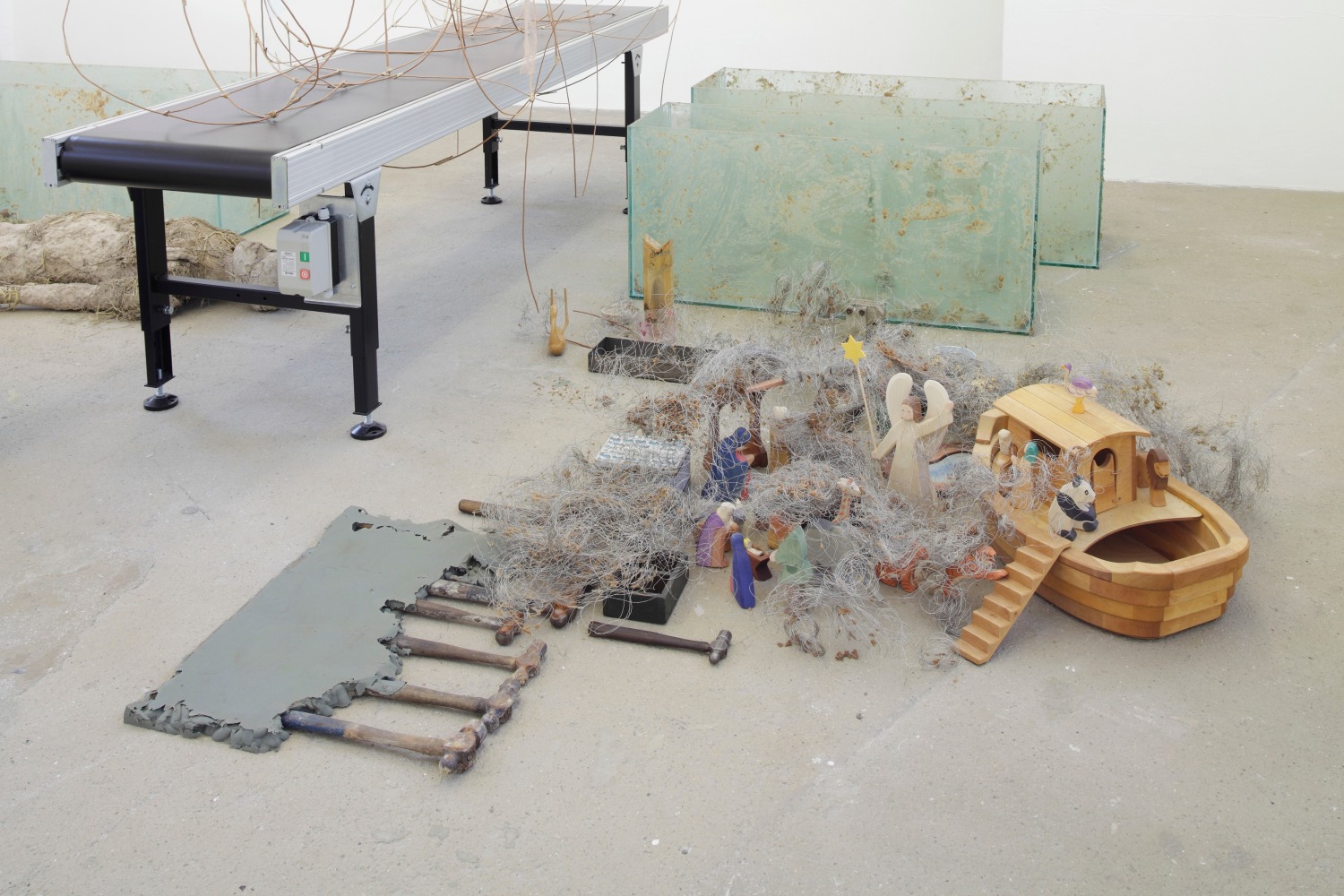
Installation view of Cathy Wilkes, Kunstverein, Munich, Germany, 2011
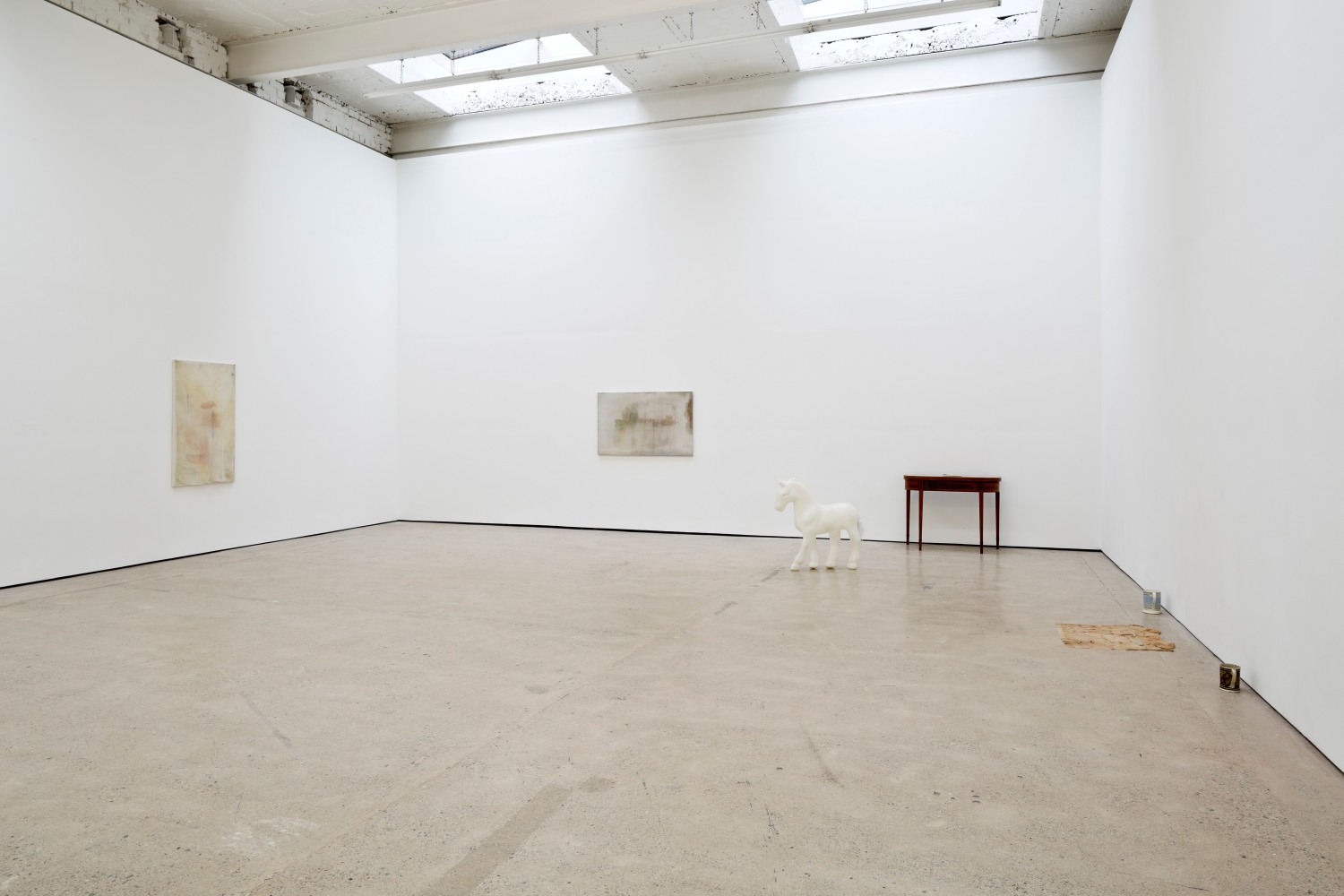
Installation view of Cathy Wilkes, The Modern Institute, Glasgow, Scotland, 2016
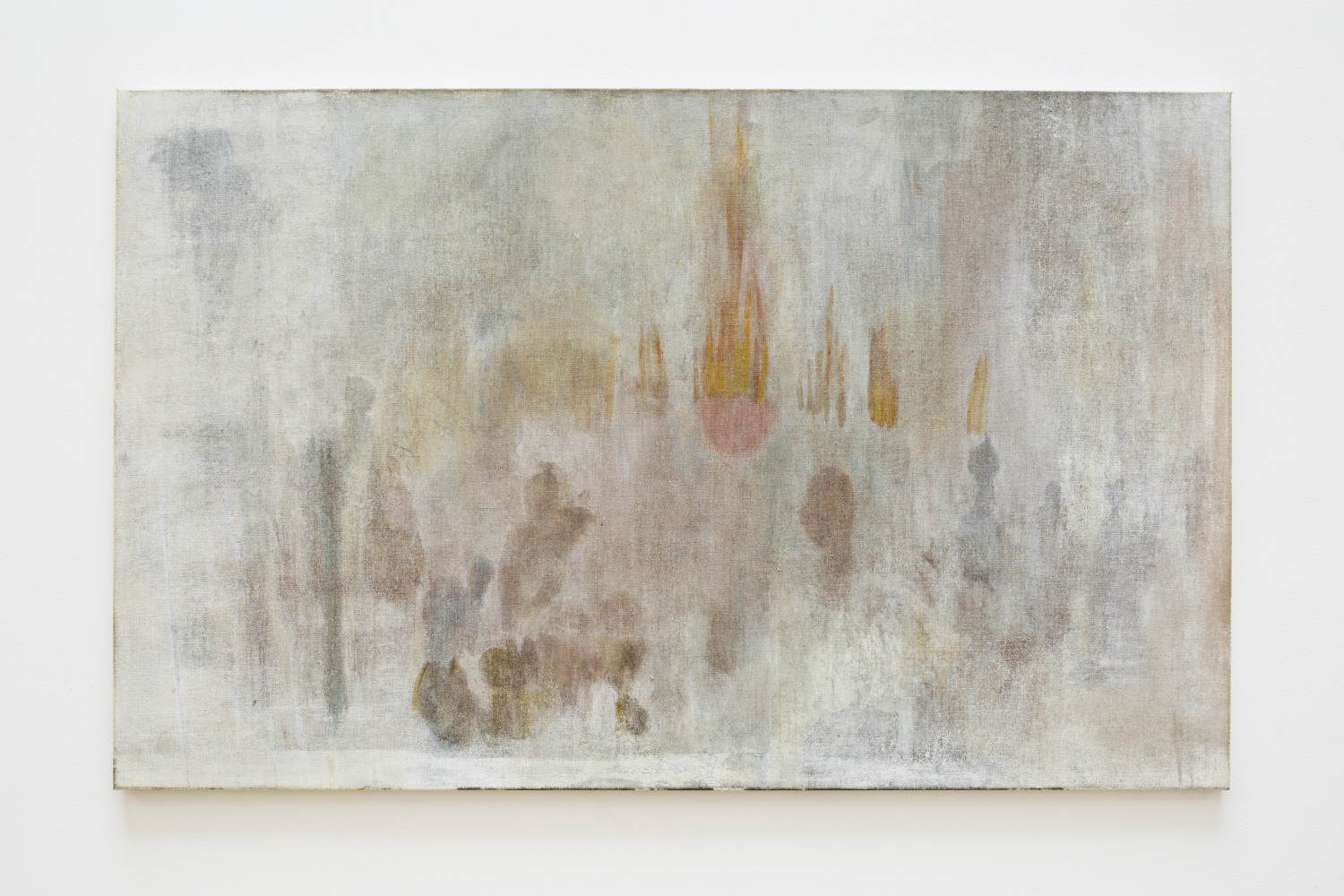
Cathy Wilkes, Untitled, 2016
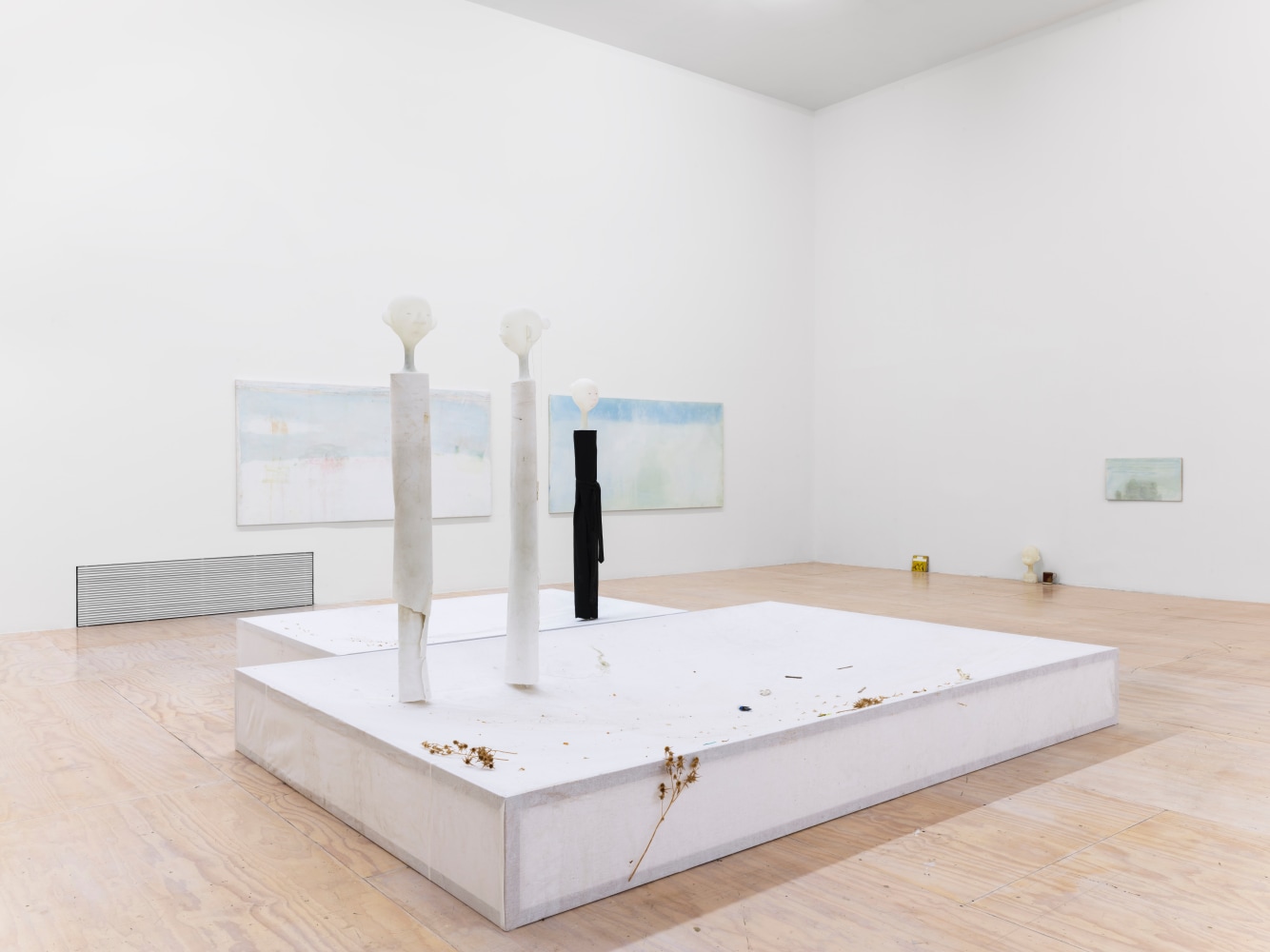
Intallation view of Cathy Wilkes, MoMA PS1, New York, New York, 2017
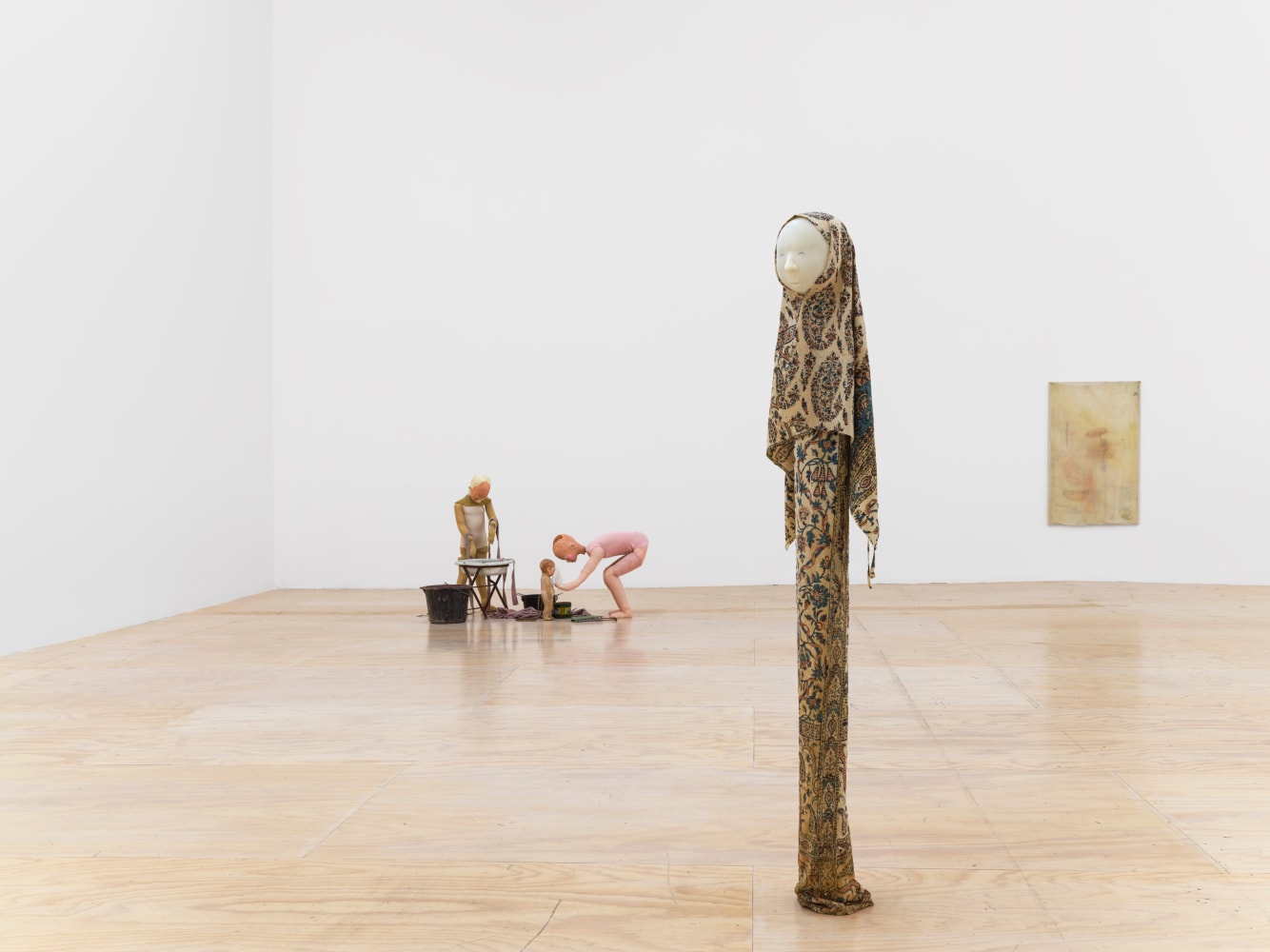
Intallation view of Cathy Wilkes, MoMA PS1, New York, New York, 2017
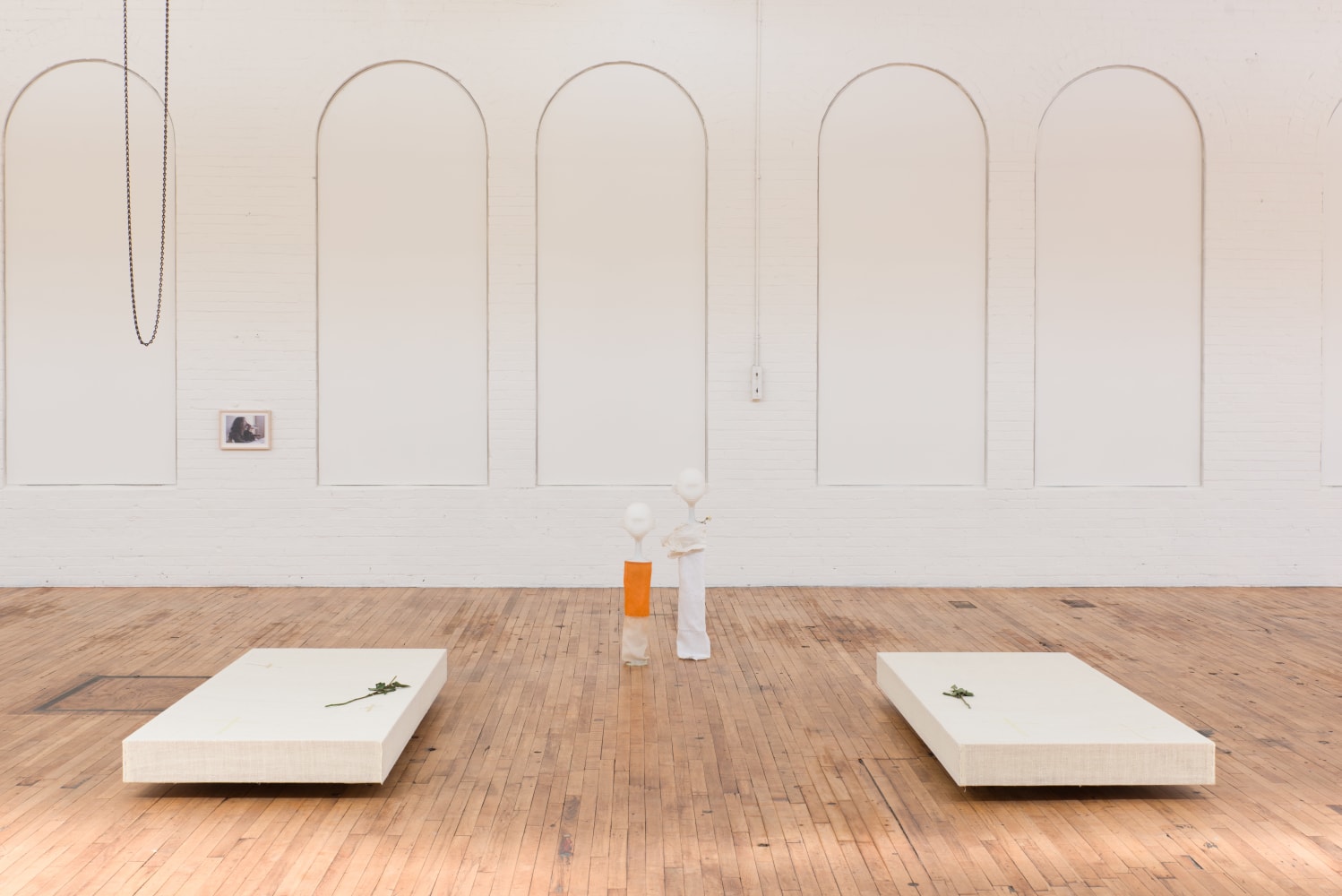
Installation view of Cathy Wilkes, Yale Union, Portland, Oregon, 2018
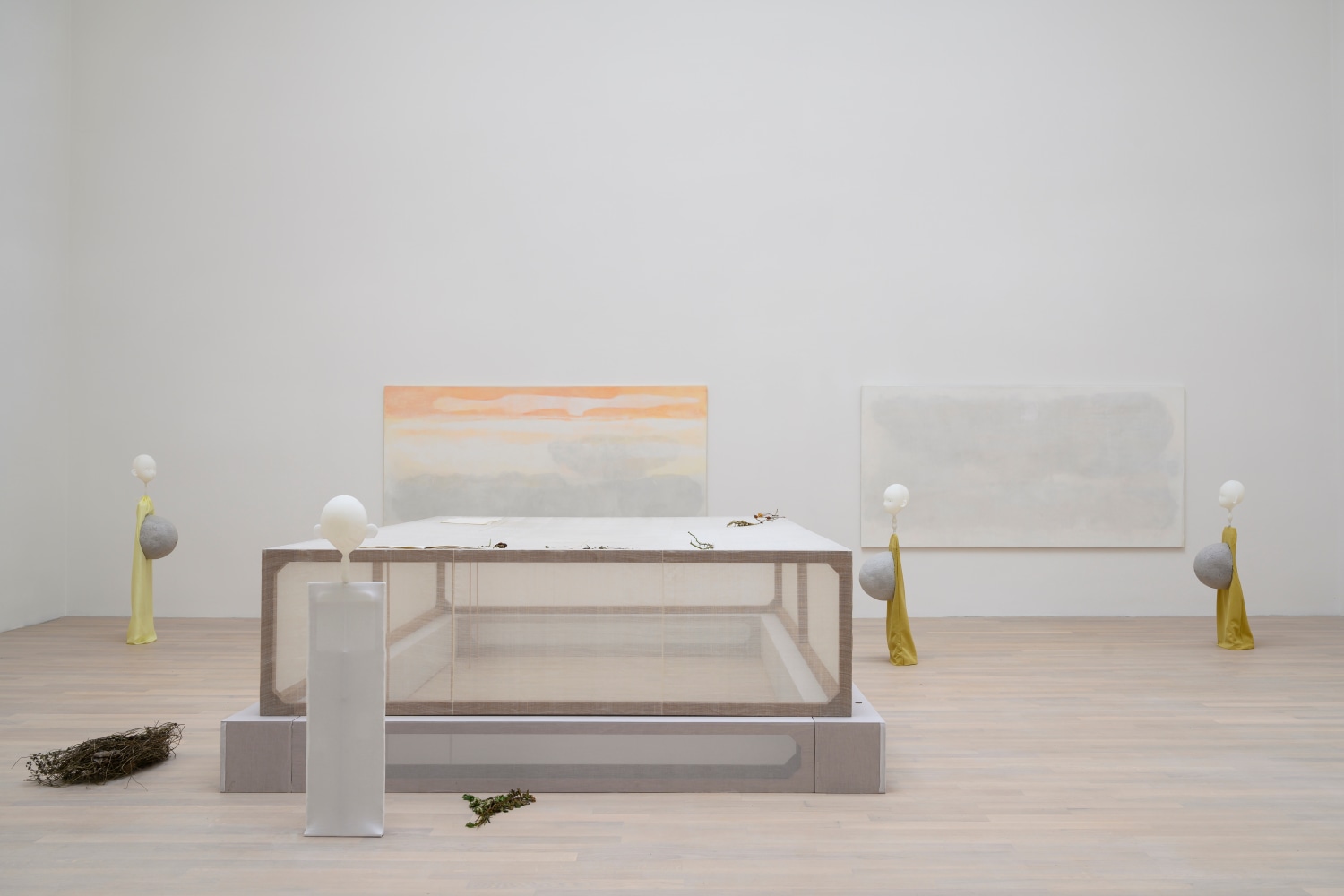
Installation view of Cathy Wilkes, Untitled, 2019 at the British Pavilion, Venice, 2019
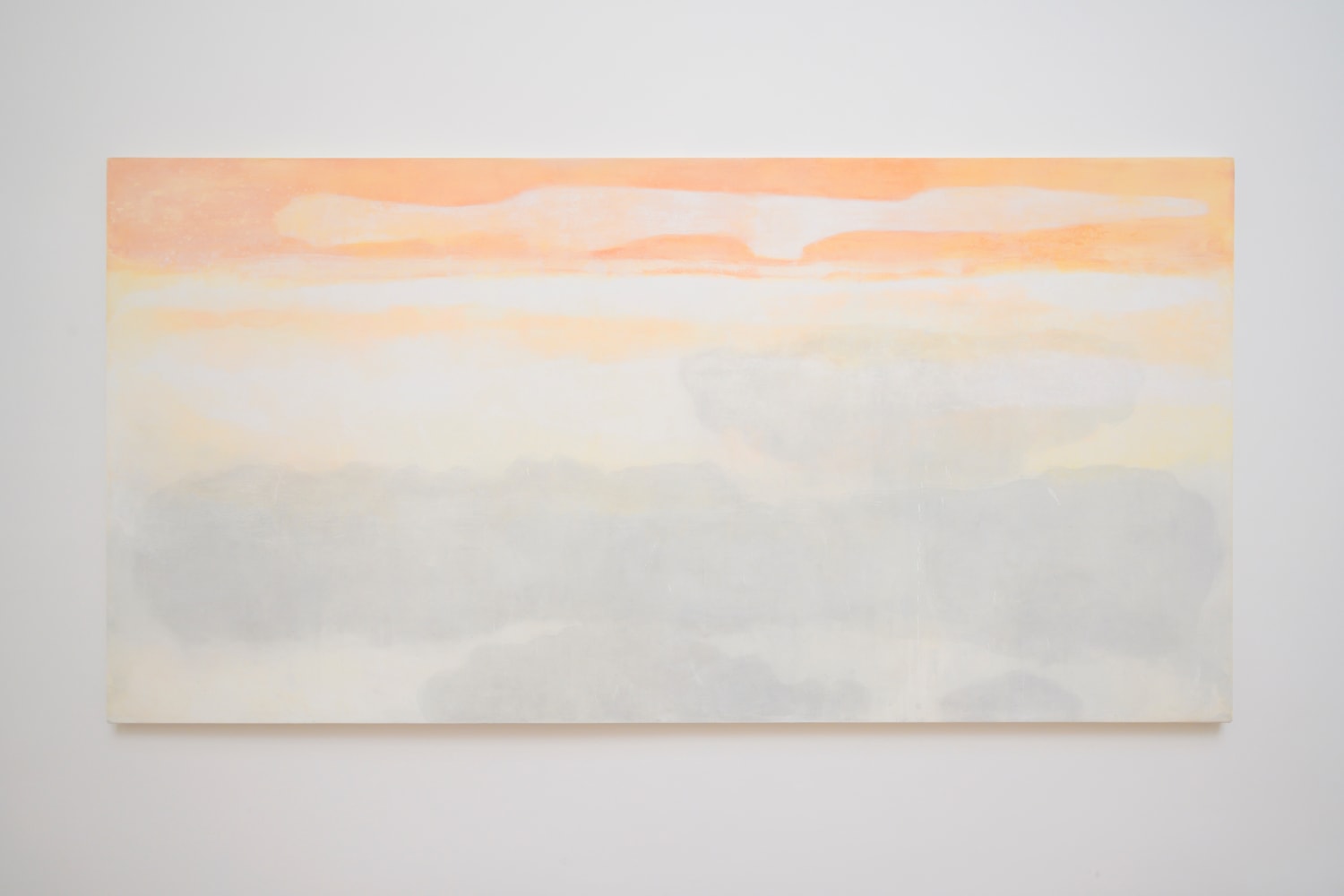
Cathy Wilkes, Untitled, 2019
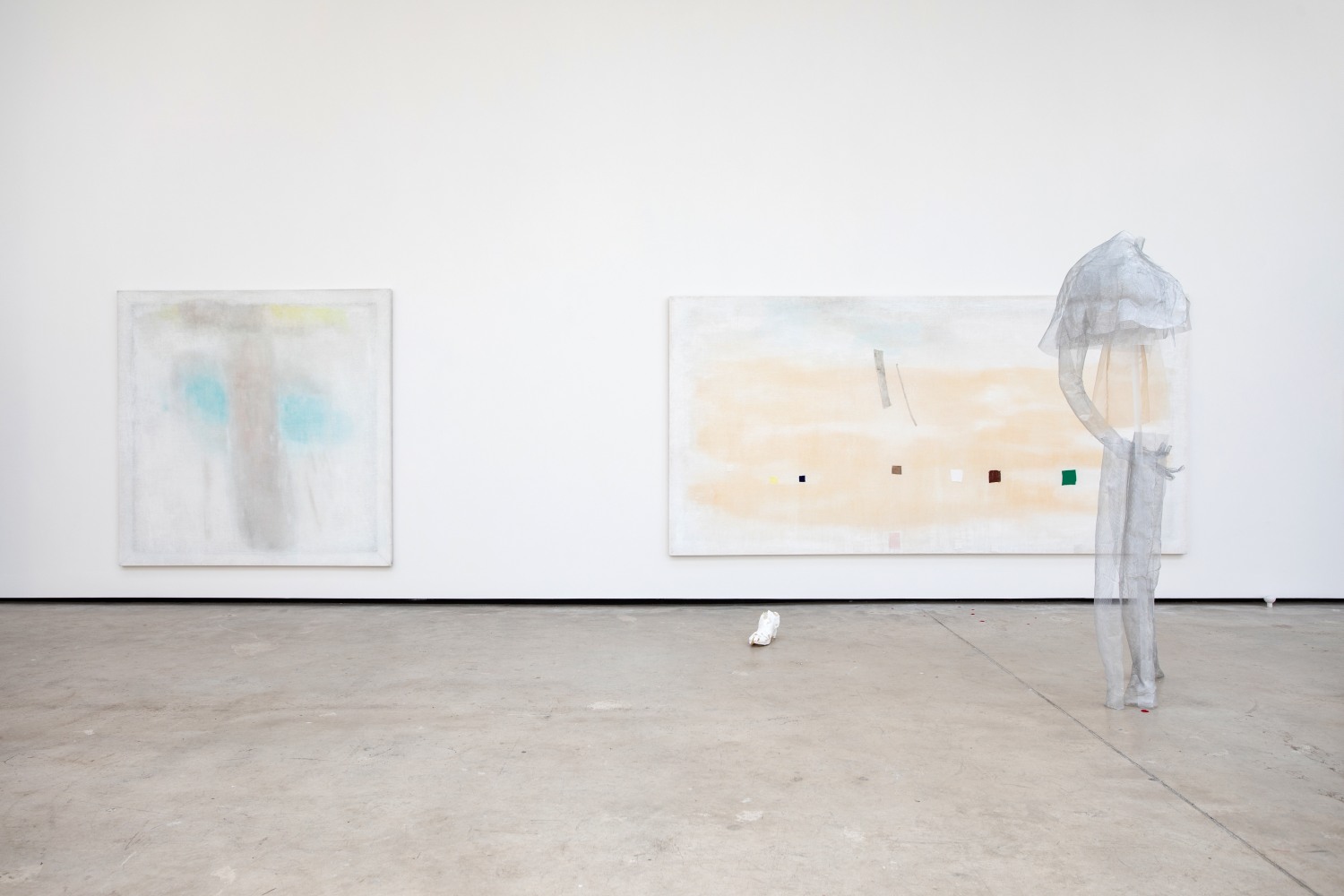
Installation view of Cathy Wilkes, The Modern Institute, Glasgow, Scotland, 2021
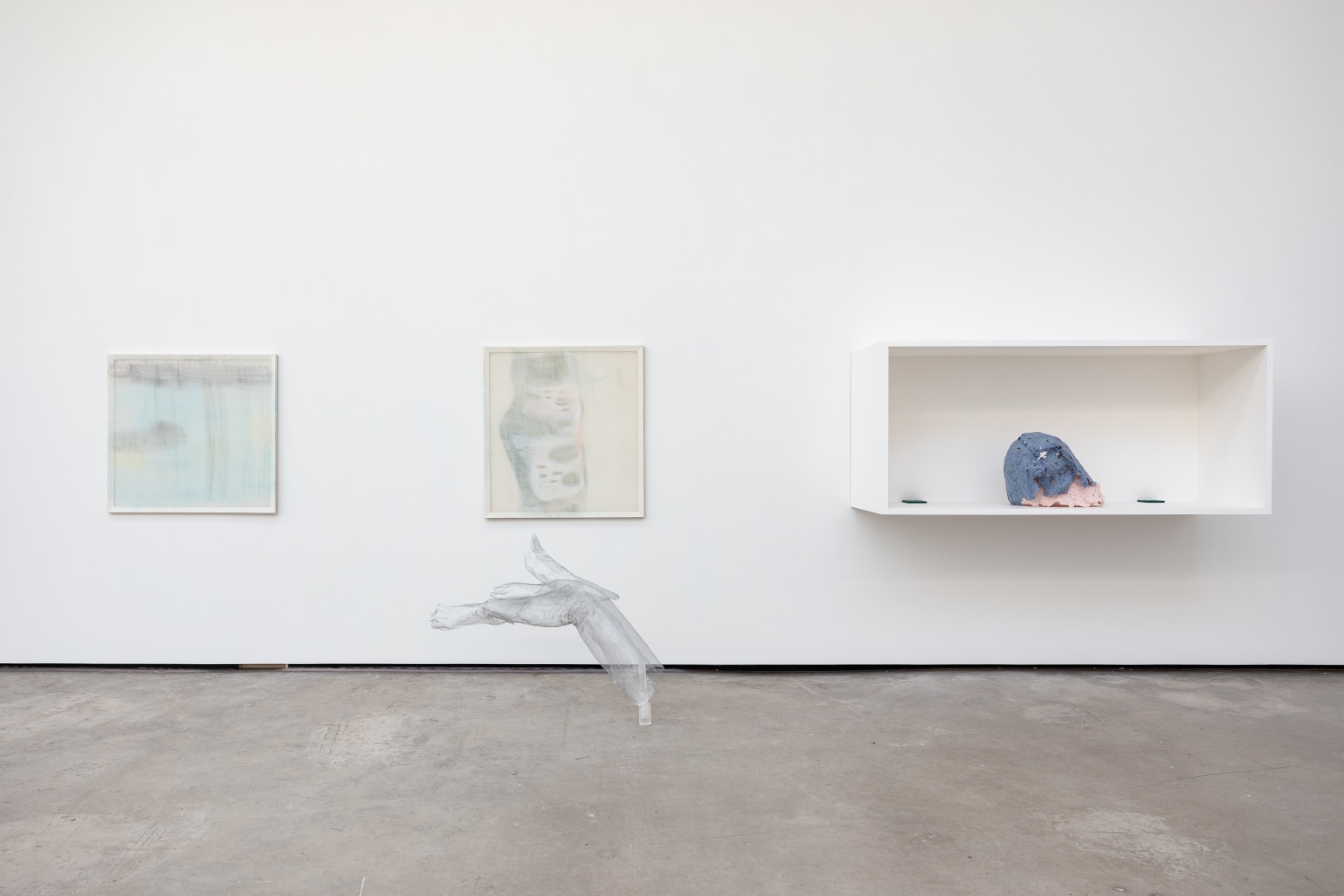
Installation view of Cathy Wilkes, The Modern Institute, Glasgow, Scotland, 2021
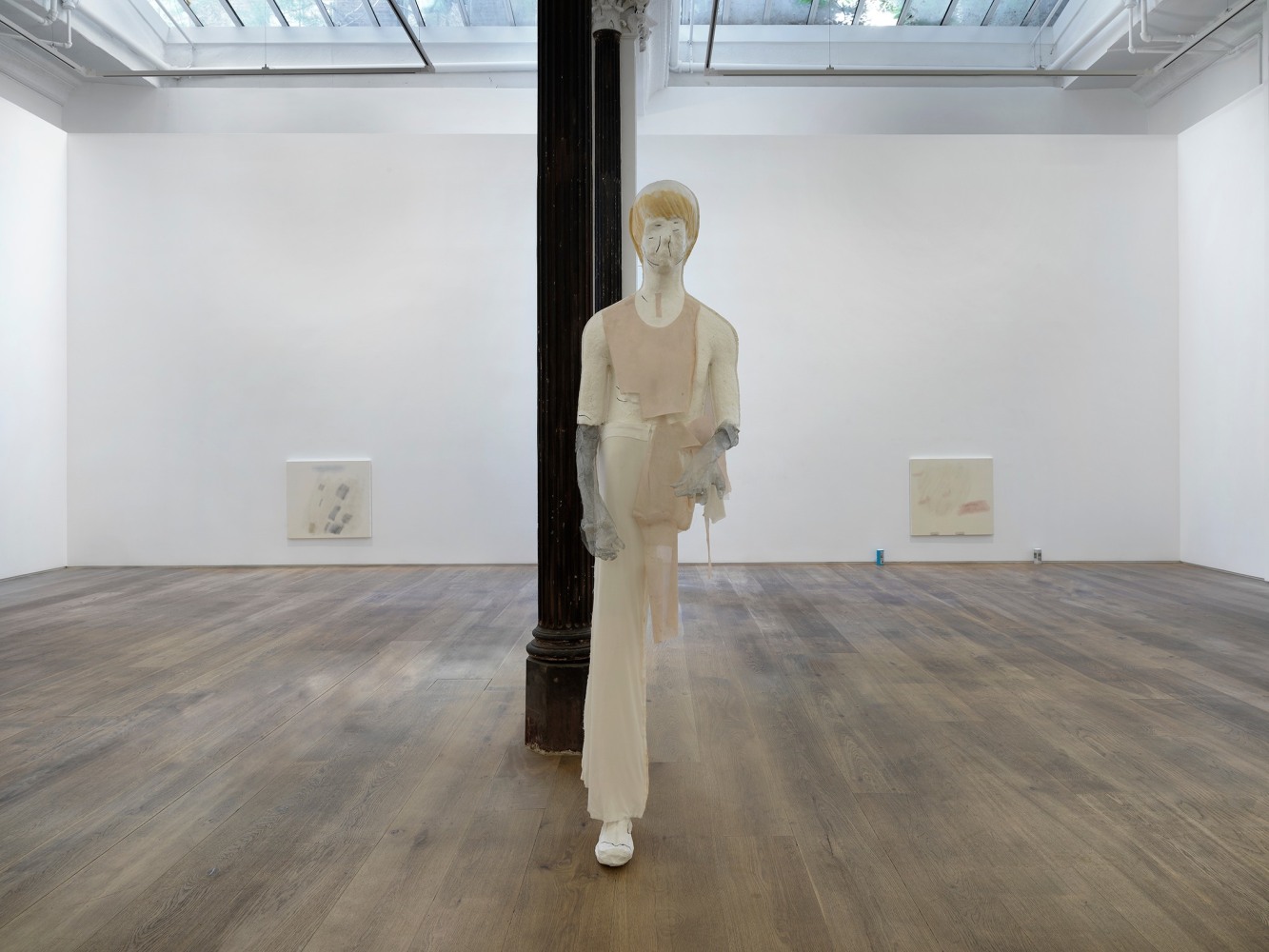
Installation view of Cathy Wilkes, Ortuzar Projects, New York, 2022












